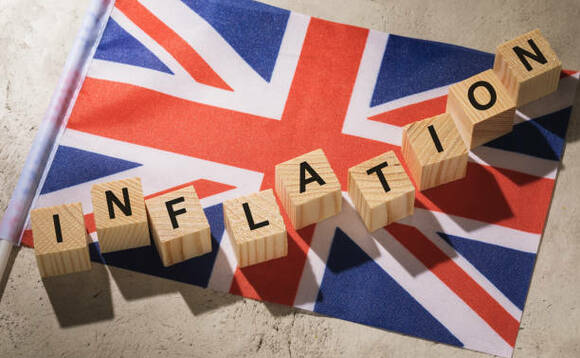Ahead of today's expected announcement that Liz Truss will become the UK's next Prime Minister, Susannah Streeter, senior investment and markets analyst, Hargreaves Lansdown comments that she faces a monumental task given the scale of crisis in the energy market and blanket tax cuts look set to compound inflation problem and inflame industrial unrest.
Streeter said: "Some of the promises Liz Truss has scattered on the campaign trail may flutter away once she takes office and the cold reality of the monumental crisis the government faces becomes clear.
"Trussenomics policies risk creating a fresh tangle of problems for the UK economy, just as the energy crisis has intensified. Slashing income taxes, corporation taxes and direct taxes like VAT while also dangling the pledge for extra help for households facing punishing energy bills risks pushing the country much further into the red at a time when the country's debt pile is already mounting fast.
"The thorn in her side is that around a quarter of government-issued debt is inflation linked, and with forecasts showing the headline rate could reach an eye watering 22%, the cost of servicing that borrowing is shooting up. There is considerable nervousness surrounding her strategies which has already been reflected in the reaction on financial markets to her impending arrival in Downing Street.
She continued: "The pound has scuttled to fresh lows against the dollar, down to $1.14 and on the bond markets gilts have been selling off, sending borrowing costs soaring. The yield on 10 year government debt, which is a proxy for the effective interest rate on public borrowing is at 2.92%, heading back up to last week's highs. Yields have registered the biggest monthly rise since 1986 as the leadership race intensified and promises made threatened to cause fresh problems for UK economy.
"The worry is that far from pulling the economy out of recession, the policies of Liz Truss risk a prolonged period of stagflation. Being a tax-cutting Prime Minister might go down well among Conservative party members, but it's a risky strategy for the longer term stability of the economy. It will run counter to the Bank of England's policy of monetary constraint to try and bring down inflation.
"This has been underlined by the independent watchdog The Institute for Fiscal Studies, which has warned that it's not a strategy for growth and could end up fuelling inflation instead.
She further said: "The policy also threatens to compound Britain's productivity problem. Draining the public coffers through tax cuts is likely to mean there will be even less money to plough into public investment for equipping the UK workforce with the skills needed in the decades ahead. That's unless the government is willing to take on a lot more borrowing at much higher rates of repayment.
"The UK can no longer rely on importing knowledge and expertise via EU workers due to Brexit, so home grown talent is increasingly crucial. There is an argument to say slashing corporation taxes might lure in some multinationals to set up shop in the UK. However, reducing the headline rate of corporation tax is not likely to kick start domestic company investment into automation or re-skilling, instead targeted tax incentives and deductions are likely to be more useful.
"Her lofty idea is that broad brush tax cuts will kick start growth in the economy while blunting the impact of catastrophic inflation. The risk is though that if the higher rate of income tax is cut from 40% to 30% and the 45% top rate is to be abolished, wealthier segments of society will keep demand in the economy charging upwards, while the poorest who bear a disproportionate burden of inflation will feel far less of the benefit. Liz Truss will come to power at a time when industrial unrest is at fever pitch, with a clamour for better wages, improved conditions and immediate action to fill gaping gaps in the labour force for essential services increasing by the day. Tax cuts for the wealthy will inflame tensions further, when the country is already facing a winter of discontent.
"More targeted tax cuts however would be useful, such as temporarily cutting VAT or fuel duty. This would be a balm for sectors set to be slammed by the current crisis, like hospitality. Slashing these direct taxes for example could also help lower the cost of items in the inflation shopping basket. Targeted support for households and companies facing frightening rises in fuel bills are crucial but this needs to come via reducing or at least limiting the energy price cap. Cash handouts to compensate for energy hikes are, for now, being assessed as rises in household income, whereas a reduction in bills would have an impact on how inflation is calculated and would help drive down the headline rate.
"A solution to address the immediate squeeze on prices is urgent but the government also needs broader policies to secure the country's energy supplies in the medium term, ensure the transition to sustainable energy sources is as effective as possible, and bring about a revolution in insulation. ‘'





